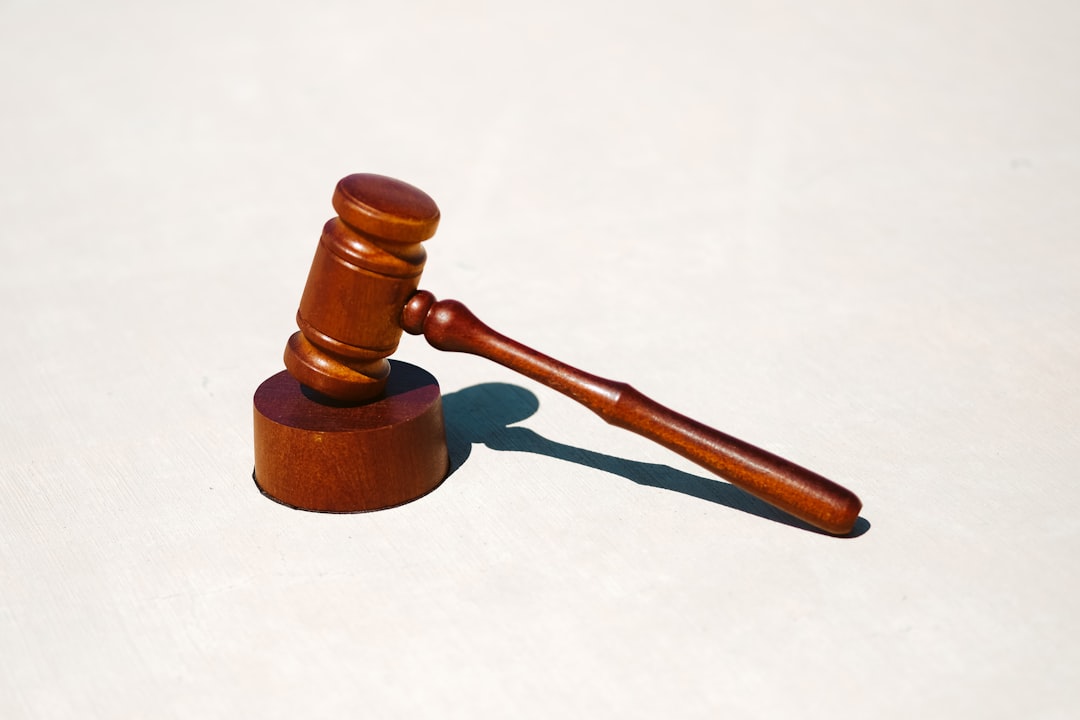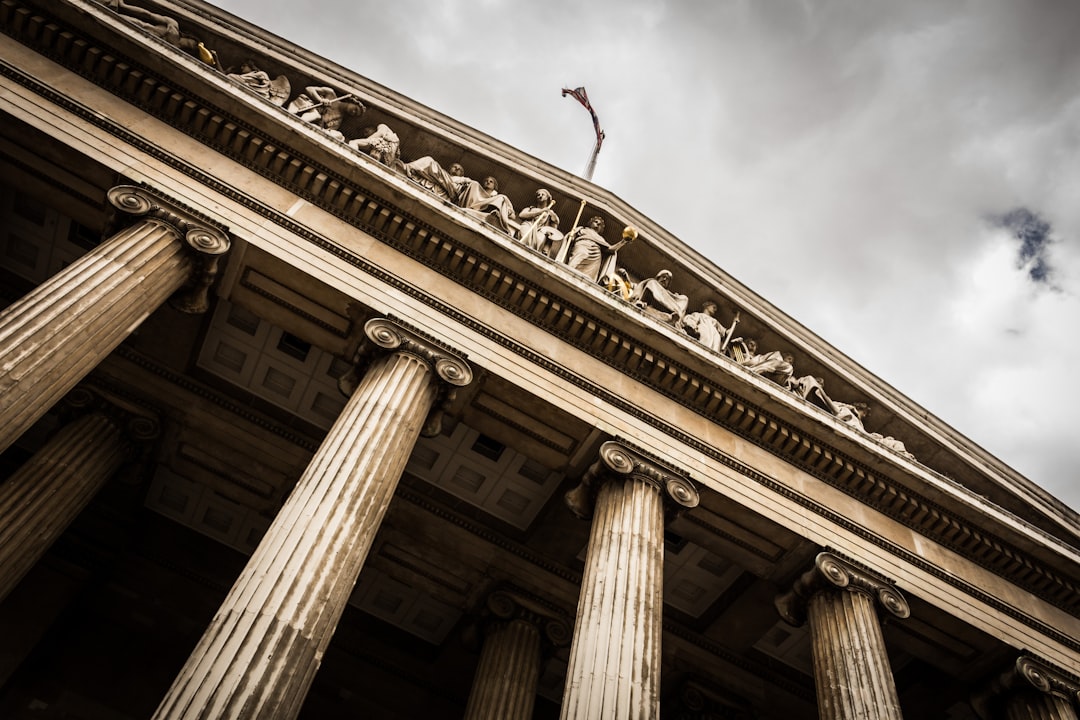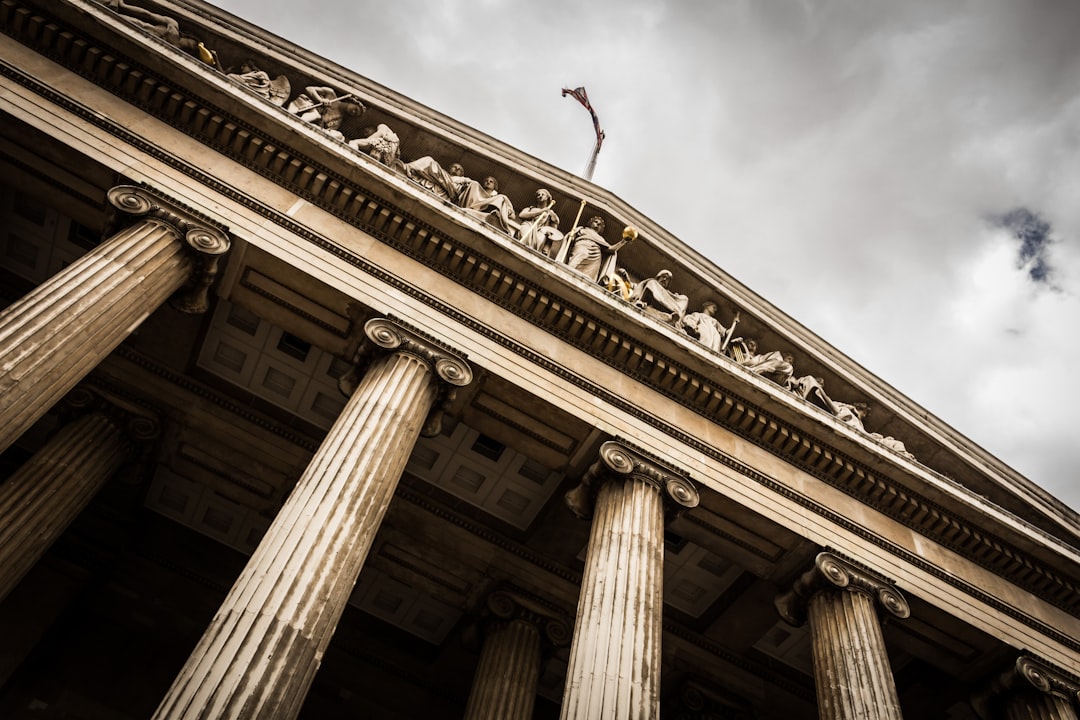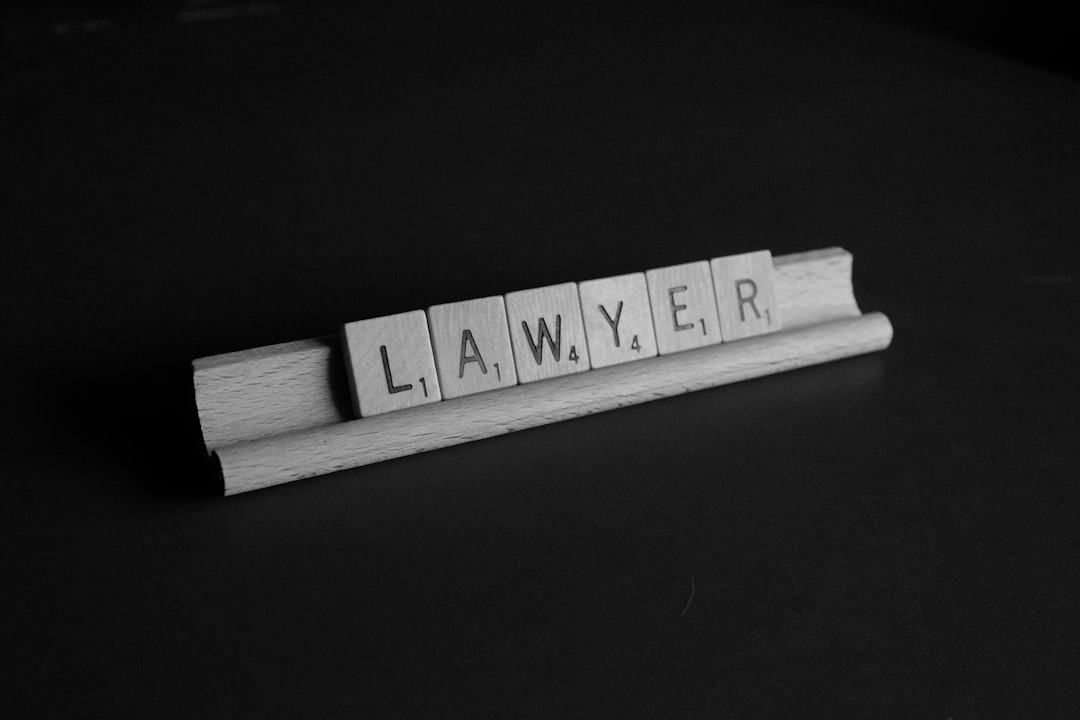Social media plays a dual role in Miami, Florida rape cases, offering digital evidence for lawyers but raising privacy concerns. Rape attorneys must expertly navigate authentication, admissibility, and victim well-being, balancing legal opportunities with ethical complexities to achieve justice for clients in the digital age.
Social media has emerged as a powerful tool, yet raises complex legal questions in Kendall rape cases. This article explores the intricate relationship between social media and evidence, focusing on its admissibility in court. We delve into the legal considerations of the digital age, examining how platforms like Twitter, Instagram, and Facebook can provide crucial insights or mislead investigations. With a specific lens on Miami FL rape lawyers, we discuss ethical implications and the importance of navigating this evolving landscape to secure justice for victims.
Legal Considerations in Digital Age Evidence

In today’s digital age, social media platforms have become a rich source of evidence in various legal cases, including Kendall rape cases. A rape lawyer in Miami, FL, must be adept at navigating this new landscape where digital trails can provide crucial insights into a person’s behavior and motives. Posts, messages, and online interactions can offer real-time evidence, shedding light on the events leading up to and during the alleged assault.
However, legal considerations surrounding social media evidence are complex. The admissibility of such evidence is subject to strict rules designed to protect privacy rights and ensure fairness. A rape lawyer must carefully scrutinize the collection, handling, and presentation of digital evidence to comply with legal standards. This includes understanding data privacy laws, ensuring proper preservation and authentication of records, and addressing potential issues related to consent and the Fourth Amendment rights of both the victim and the accused.
Role of Social Media in Rape Cases

In today’s digital age, social media platforms have become a double-edged sword in the context of legal proceedings, particularly in rape cases. For rape lawyers in Miami, FL, and across the nation, social media presents both opportunities and challenges when building a case and representing victims. On one hand, it offers invaluable evidence that can strengthen the prosecution’s argument, providing a window into the accused’s character and potential motives. Posts, messages, and online interactions can offer insights into their state of mind, relationships, and prior behaviors, which may be relevant to the case.
Moreover, social media platforms have become a space where victims can find support networks and share their experiences, fostering a sense of community that is essential for healing. However, it also presents risks of retraumatization if not handled carefully. Rape lawyers must navigate this complex landscape, utilizing social media evidence ethically while ensuring the privacy and well-being of their clients, ultimately striving to achieve justice in an increasingly digital world.
Authenticity and Admissibility of Online Content

In the digital age, online content plays a significant role in legal proceedings, especially in cases like Kendall rape trials. The authenticity and admissibility of social media posts, messages, and other digital evidence are critical considerations for any rape lawyer in Miami, FL. With the abundance of easily accessible information, establishing the genuine nature of digital content is essential to ensure its reliability as evidence.
Rape lawyers must carefully examine the provenance of online material, verifying that it has not been altered or manipulated. This includes scrutinizing the platform’s security measures and the user’s privacy settings to confirm the integrity of the data. Moreover, legal professionals should consider the context and intent behind the posts, messages, or images to determine their relevance and potential impact on the case. Proper authentication and admissibility assessments are vital steps in utilizing digital evidence effectively during rape trials.
Ethical Implications for Rape Lawyers Miami FL

The advent of social media as a potential source of evidence in legal cases, particularly for rape lawyers in Miami, FL, presents both opportunities and challenges. On one hand, it offers a new avenue to gather digital clues that could strengthen or weaken cases, providing insights into an individual’s behavior, character, and even their whereabouts at the time of the incident. This real-time access to personal information can be invaluable for building a compelling narrative in court.
However, there are significant ethical considerations for rape lawyers in Miami, FL. Privacy concerns top the list, as defending the rights of the accused while protecting the victim’s interests becomes a delicate balance. Lawyers must ensure that any social media evidence is obtained legally and ethically, respecting the privacy rights of all involved parties. Additionally, the potential for bias or misconstrual of online posts requires careful analysis to prevent unfair prejudice against either party.






